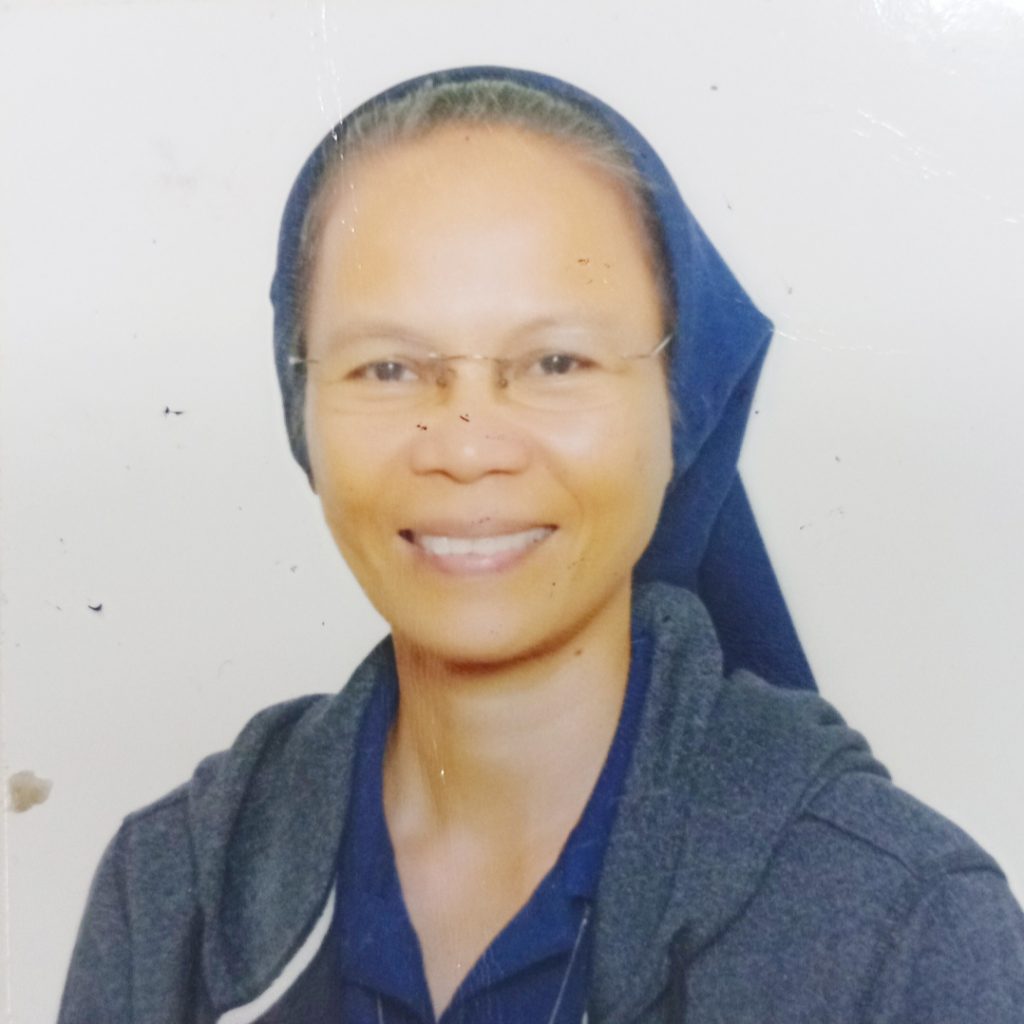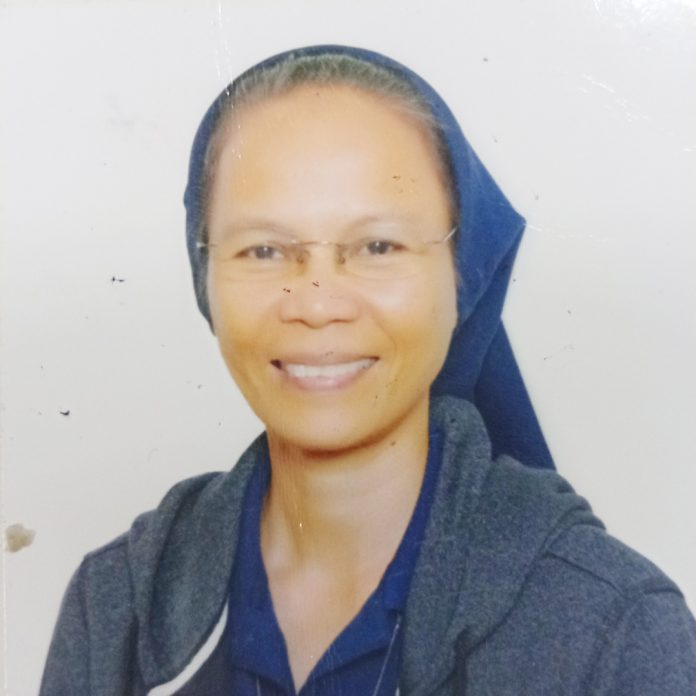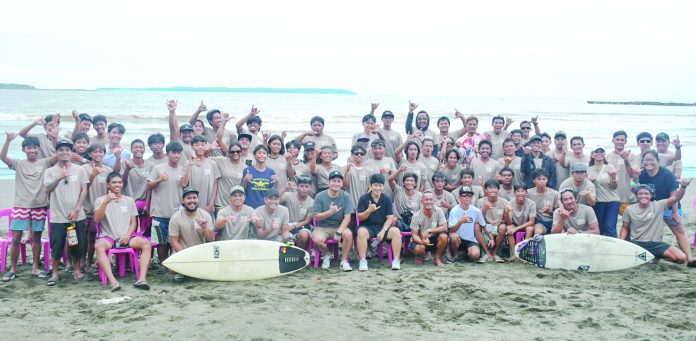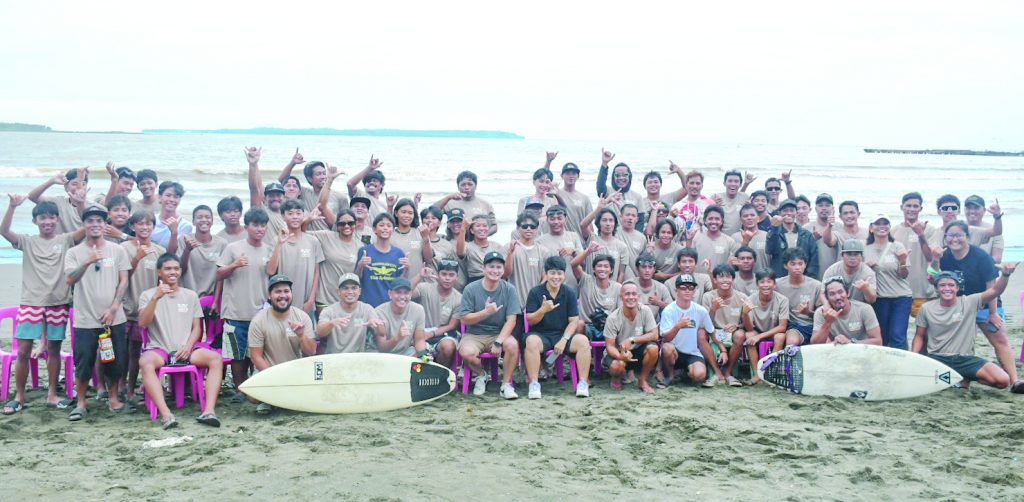
TACLOBAN CITY — At 53, Sister Ma. Liza Ruedas of the Daughters of Charity continues to inspire with her tireless work in literacy, peacebuilding, and social advocacy across the Philippines.
For nearly four decades, Sister Ruedas has empowered ordinary Filipinos—youths, farmers, indigenous peoples, disaster survivors, and urban poor—through education, electoral awareness, and community development programs. During election periods, she leads voter education campaigns to promote democratic participation and political reform.
Her missionary work spans Mindanao, Visayas, and Luzon, where she has collaborated with Christian-Muslim communities, indigenous groups, and local parishes. She has also coordinated projects for disaster survivors in regions such as Iligan, Cagayan de Oro, Leyte, Samar, Palawan, and urban areas of Metro Manila.
Sister Ruedas leads the Advocacy on Justice, Peace, and Human Rights under the Daughters of Charity’s Promotion of Integral Human Development (PIHD) program.
Her initiatives address social injustices, human rights violations, and poverty, serving marginalized groups including women, children, workers, persons deprived of liberty, OFWs, and the homeless.
“Seeing Christ in the poor and the poor in Christ guides everything we do,” Sister Ruedas said, reflecting the Vincentian charism of the Daughters of Charity.
She emphasizes collaboration with interfaith groups, NGOs, and community organizations to promote systemic change and social justice.
Despite challenges posed by political unrest, corruption, and violence against human rights defenders, Sister Ruedas remains committed to her mission. “I am hopeful. Advocacy, education, and empowerment are potent tools to transform society. Collaboration and transparency are our strongest allies,” she said.
Through her decades-long ministry, Sister Ruedas exemplifies a living commitment to the Church’s preferential option for the poor, striving to bring hope, peace, and justice to the marginalized across the Philippines.
(RONALD O. REYES)




